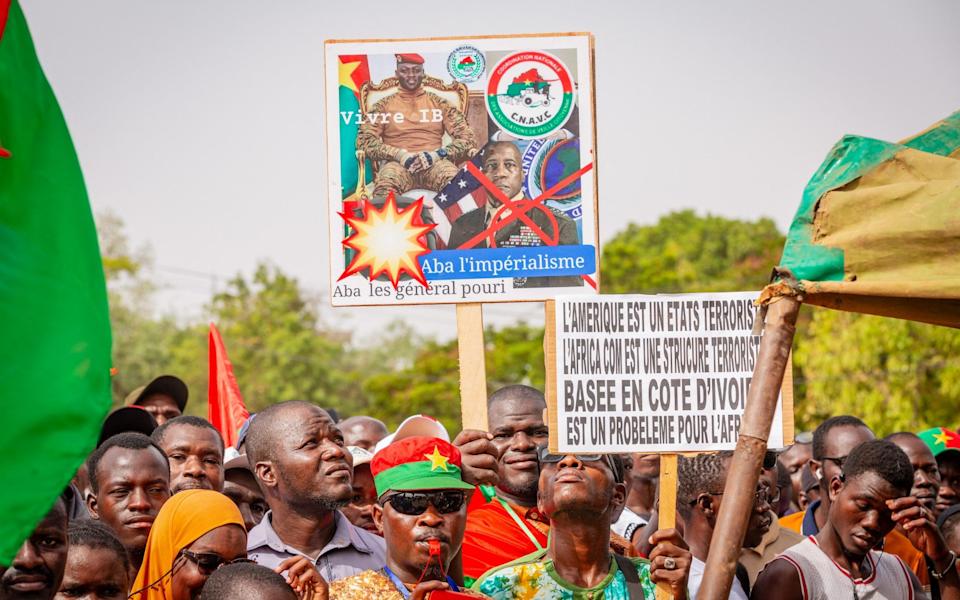Ibrahim Traore: The Rise of Burkina Faso’s Revolutionary Leader

Ibrahim Traore has quickly become a prominent figure in West African politics. Since stepping into leadership as Burkina Faso's interim president in 2022, Traore has won the admiration of many Africans disillusioned by old political orders. His bold messaging and strategic alliances are not just changing his country but also capturing headlines across the continent and beyond.
Traore’s Meteoric Rise to Power
At just 37, Traore emerged as the youngest leader in Africa after his faction seized control in a fast-moving coup. The movement thrived on a groundswell of frustration with Burkina Faso's ongoing security crisis. Many youth saw Traore as a breath of fresh air, reminiscent of the revered revolutionary Thomas Sankara, who also hailed from Burkina Faso.
Traore’s government quickly made headlines. He expelled French forces, once colonial overseers, and pivoted strongly toward Russia, forging new alliances and charting a bold path. According to The Telegraph, Traore’s pan-African rhetoric and promises of self-reliance have made waves on social media. Many young Africans see him as a symbol of hope and defiance against foreign interference.
Russia’s Role and Traore’s Expanding Influence
This new geopolitical path did not go unnoticed. Traore's meeting with President Putin marked a major shift, and the relationship has brought not only aid and military support but also significant digital influence. Reports suggest that Russia, in return for mineral access, has employed both traditional and social media strategies to bolster Traore’s public image, sometimes with dramatic and controversial tactics.
One example is the circulation of AI-generated videos depicting global celebrities in support of Traore, part of what The Times describes as a Kremlin campaign to counter Western influence. These videos have racked up millions of views and play a critical role in shaping the young leader’s cult of personality. Traore's signature red beret and revolutionary spirit are unmistakable in these viral clips.
The Power of Social Media and Pan-African Appeal
While Traore’s government controls only part of the country, his popularity on platforms like TikTok and YouTube continues to grow. Supporters across borders share messages celebrating his moves to reclaim sovereignty and challenge foreign dominance. He is viewed as a messianic figure, an icon for many who yearn for independence and steadfast leadership.
Yet, experts warn that the online mania may mask deep security and governance challenges within Burkina Faso. According to analysis, the country faces significant threats from armed groups, and civilians bear the brunt of this turmoil. Nonetheless, for many observers and hopeful citizens, Traore represents a critical break from past governance and a leap toward new possibilities.
International Impact and Criticism
Traore’s actions have reverberated well beyond Burkina Faso’s borders, sending shockwaves through African leadership circles. While he is praised for restoring national pride by some, others warn that replacing old colonial partners with new ones may not deliver true independence. As The Telegraph notes, there is ongoing debate about the long-term effects of this bold pivot toward Russia.
For further insight into Traore’s regional significance and the complexities of his alliances, readers can explore this comprehensive review. To understand the information campaigns around his image, this Times analysis provides in-depth context.
Conclusion: A Transformative Figure in African Politics
Ibrahim Traore’s ascent signals a turning point for Burkina Faso and perhaps for Africa’s direction. With both supporters and critics watching closely, his leadership is shaping regional debate around sovereignty, influence, and the power of modern media. As events continue to unfold, the legacy of Traore will depend on his ability to translate popular support into lasting change and stability for his people.